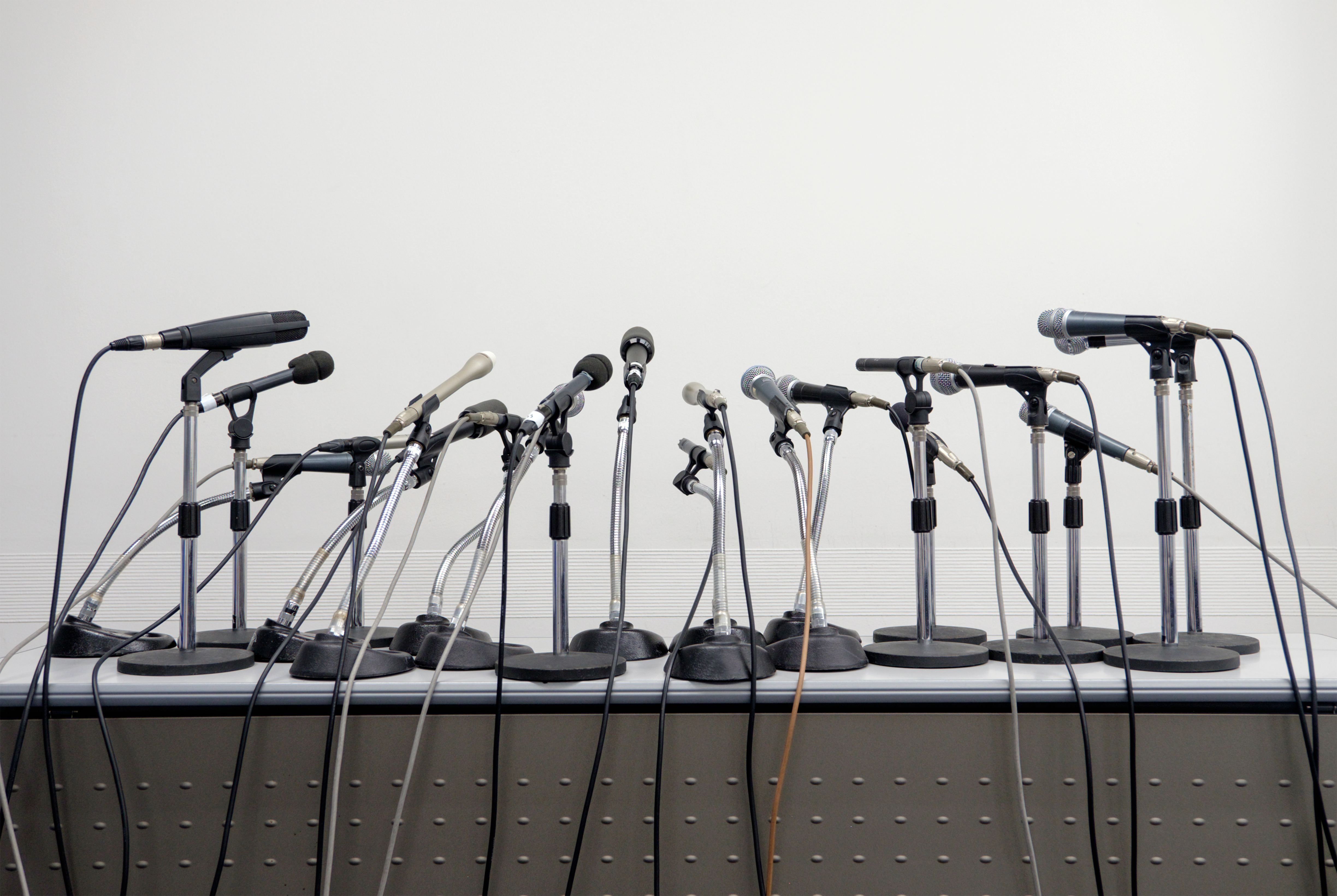Navigating Media Challenges: Lessons from Trump's Presidency
Understanding Media Challenges
Media challenges have always been a part of political landscapes, but during Donald Trump's presidency, they became a significant focal point. Trump's approach to media was unconventional, often bypassing traditional channels and opting for direct communication through social media platforms. This shift highlighted the evolving role of media in politics and the challenges that accompany it.
One of the key lessons from Trump's presidency is the importance of adaptability in media strategy. As the media environment becomes more digital and fast-paced, political figures and organizations must learn to navigate these changes effectively. The ability to respond swiftly and strategically to media narratives can significantly impact public perception and support.

The Role of Social Media
Trump's presidency underscored the power of social media as a tool for direct communication. Platforms like Twitter allowed him to bypass traditional media gatekeepers and speak directly to the public. This strategy demonstrated both the potential benefits and drawbacks of social media in politics. On one hand, it enabled immediate dissemination of messages; on the other hand, it often led to controversies and misinformation.
Mastering social media requires a careful balance between engagement and responsibility. Politicians must be aware of the content they share and its potential implications. It also highlights the necessity for transparency and authenticity, as audiences are increasingly savvy in detecting insincerity or manipulation.

Challenges with Traditional Media
During Trump's term, there was also a notable tension between the presidency and traditional media outlets. Accusations of "fake news" became commonplace, leading to a contentious relationship that affected public trust in news sources. This dynamic emphasized the critical need for journalistic integrity and fact-checking in an era where misinformation can spread rapidly.
For media organizations, maintaining credibility is paramount. Ensuring accurate reporting and providing balanced perspectives are essential steps in countering accusations and rebuilding trust with audiences. This also involves embracing new technologies and methodologies to verify information promptly.

Lessons for Future Leaders
The media challenges faced during Trump's presidency offer valuable lessons for future leaders. Being proactive in media engagement, understanding the nuances of digital communication, and fostering positive relationships with journalists are crucial elements for effective governance. Leaders must also be prepared to address misinformation swiftly to prevent it from taking root.
Developing a comprehensive media strategy that includes both traditional and digital components is essential. This approach ensures a broad reach and allows leaders to communicate their messages effectively across various platforms.
The Importance of Media Literacy
In addition to strategic considerations, Trump's presidency highlighted the importance of media literacy among the public. As consumers of information, individuals must be equipped to critically evaluate the sources and content they encounter. This skill is vital in discerning credible information from misleading or biased narratives.
Educational initiatives that promote media literacy can empower citizens to make informed decisions based on accurate information. Encouraging critical thinking and awareness can help mitigate the spread of misinformation and foster a more informed society.